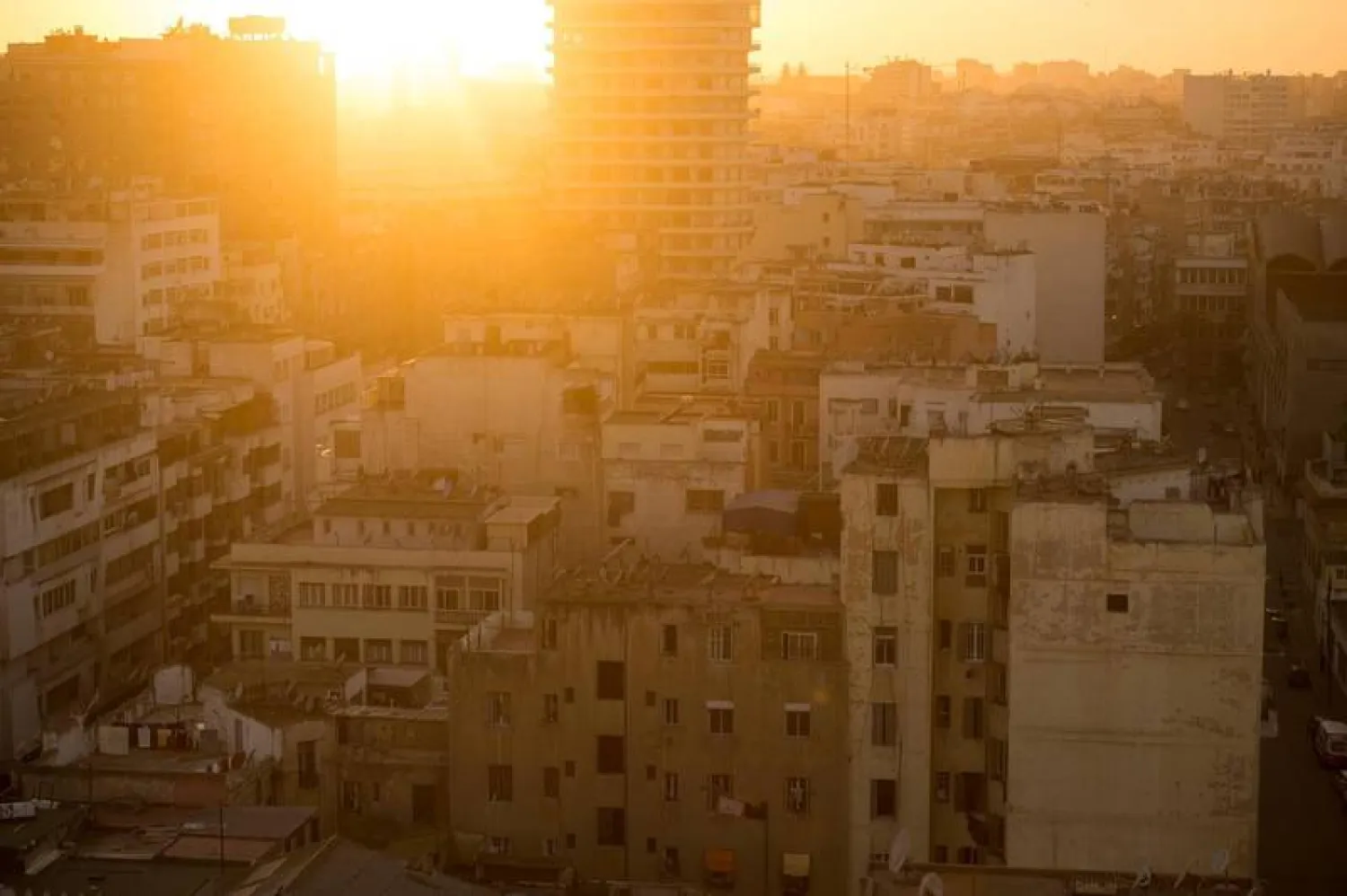Morocco was hit by a fiery weekend heatwave that saw temperatures reach nearly 50 degrees Celsius (122 degrees Fahrenheit), the country’s weather service said on Monday.
A statement from the General Directorate of Meteorology (GDM) said Saturday was “the hottest day, with exceptional temperatures never before recorded” in some regions.
“Absolute records of maximum temperatures were broken,” the GDM said, with the highest in the kingdom recorded at 49.6 degrees in Sidi Slimane in the northwest.
The highs exceeded average monthly temperatures for the time of year by between five and 12 degrees.
However, the GDM did predict a drop in temperature over the next two days in the north and east.
Last year was the hottest ever officially recorded in Morocco, with an average national annual temperature 1.4 degrees higher than normal for the years 1981-2010, the GDM said previously.
The heatwave in northwest Africa comes as countries including Spain, Canada and the United States swelter in extreme temperatures.
Scientists say heatwaves have become more likely because of climate change.
As global temperatures rise over time, heatwaves are predicted to become more frequent and intense, and their impacts more widespread.
In May, the World Meteorological Organization and Britain’s Met Office said there was a 40 percent chance of the annual average global temperature temporarily surpassing 1.5 degrees above pre-industrial temperatures within the next five years.









